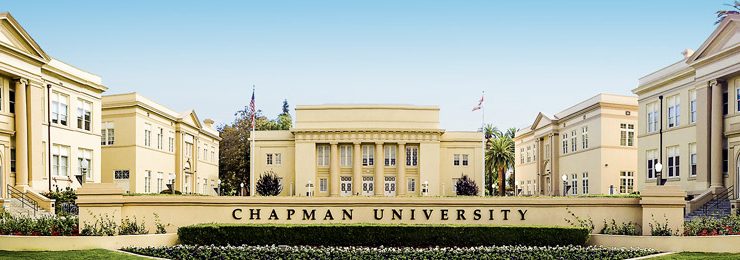
Join us Monday, June 22, 2020 Ask the Experts COVID-19 Virtual Town Hall
June 10, 2020
Chapman University’s Vice President for Research, Thomas Piechota, hosts the next Ask the Experts – COVID-19 Research Town Hall on Monday, June 22, 2020, 2:00 to 3:00 p.m., featuring several Chapman faculty who are already working on COVID-19-related research and outreach. The entire Chapman community (staff, faculty, and students) and the broader community are welcome to join using this link.
A Q&A follows each brief presentation, moderated by Tom Piechota.
Featuring Chapman Experts:
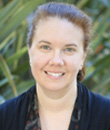
Jennifer Bevan, Ph.D., is a Professor in the School of Communication. Her research has focused on how individuals in close relationships navigate health issues. She is currently co-editing a special issue in the international, interdisciplinary Journal of Special Relationships entitled “Relationships in the Time of Covid-19: Examining the Effects of the Global Pandemic on Personal Relationships.” Dr. Bevan will discuss her own, preliminary research on family caregiving stress related to COVID-19 and relational dynamics, as well as anticipate how a variety of close relationships may be fundamentally impacted by the implications and edicts related to COVID-19.
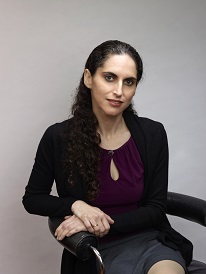 Riva Tukachinsky, Ph.D., is an Associate Professor in the School of Communication. Her research interest lies in media psychology. She uses cognitive and social psychological models to understand how people process information in the media and the effects that media exposure has on attitudes, beliefs, and behaviors.
Riva Tukachinsky, Ph.D., is an Associate Professor in the School of Communication. Her research interest lies in media psychology. She uses cognitive and social psychological models to understand how people process information in the media and the effects that media exposure has on attitudes, beliefs, and behaviors.
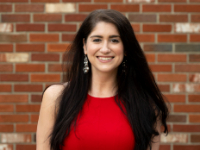 Megan A. Vendemia, Ph.D., is an Assistant Professor in the School of Communication. Her research centers on the social and psychological implications of communication technology. She primarily uses quantitative methods to examine factors that make people perceive mediated information as authentic, credible, and ultimately, more influential. Their current project examines the effects of news consumption on COVID-19 protective behaviors. Data from a national survey are used to identify predictors of following CDC recommendations (e.g., social distancing) and engaging in socially undesirable precautionary behaviors (e.g., stockpiling).
Megan A. Vendemia, Ph.D., is an Assistant Professor in the School of Communication. Her research centers on the social and psychological implications of communication technology. She primarily uses quantitative methods to examine factors that make people perceive mediated information as authentic, credible, and ultimately, more influential. Their current project examines the effects of news consumption on COVID-19 protective behaviors. Data from a national survey are used to identify predictors of following CDC recommendations (e.g., social distancing) and engaging in socially undesirable precautionary behaviors (e.g., stockpiling).
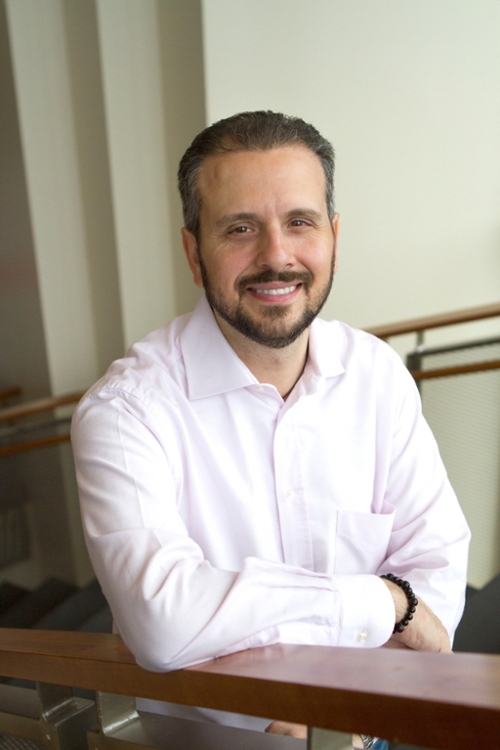 Andrea Molle, Ph.D., FRAS, is a quantitative social scientist. He is Assistant Professor in Political Science and Research Associate at the Institute for the Study of Religion, Economics, and Society at Chapman University. From 2006 to 2008, he was JSPS Fellow in Anthropology at the Nanzan Institute for Religion and Culture (Nagoya, Japan) studying the religious implications of martial arts and traditional warfare. His current research agenda focuses on religion and politics, international relations, religious violence, disaster studies, and martial arts and warfare studies. His work on COVID-19 addresses complex social factors that affect the spread of COVID-19 in Europe and the US, and he is co-leading a research group on “COVID-19 and Social Vulnerability: Computational Modeling, Data Analytics, and System Interoperability” supported by the National Science Foundation-funded Social Science Extreme Events Research (SSEER) network and the CONVERGE facility at the Natural Hazards Center at the University of Colorado Boulder.
Andrea Molle, Ph.D., FRAS, is a quantitative social scientist. He is Assistant Professor in Political Science and Research Associate at the Institute for the Study of Religion, Economics, and Society at Chapman University. From 2006 to 2008, he was JSPS Fellow in Anthropology at the Nanzan Institute for Religion and Culture (Nagoya, Japan) studying the religious implications of martial arts and traditional warfare. His current research agenda focuses on religion and politics, international relations, religious violence, disaster studies, and martial arts and warfare studies. His work on COVID-19 addresses complex social factors that affect the spread of COVID-19 in Europe and the US, and he is co-leading a research group on “COVID-19 and Social Vulnerability: Computational Modeling, Data Analytics, and System Interoperability” supported by the National Science Foundation-funded Social Science Extreme Events Research (SSEER) network and the CONVERGE facility at the Natural Hazards Center at the University of Colorado Boulder.
 Uri Maoz, Ph.D., is Assistant Professor of Computational Neuroscience and Psychology at Crean college and the Brain Institute. Together with students and collaborators, he studies the neural underpinnings of volition: how desires, decisions, and intentions transform into action. He also leads a large, international group of neuroscientists and philosophers who investigate how the brain enables conscious, causal control of decisions and actions. In response to the COVID-19 pandemic, Maoz initiated a collaboration of neuroscientists, psychologists, political scientists, law scholars, and others who have been gathering longitudinal data from over 1000 US participants weekly to biweekly since early April. We are tracking various dynamic psychological, economic, political, legal, and other trends related to the pandemic. Besides explicit questionnaires, we also employ different implicit measures to help us build a more-complete picture of the direct and indirect effects of COVID-19 on the US.
Uri Maoz, Ph.D., is Assistant Professor of Computational Neuroscience and Psychology at Crean college and the Brain Institute. Together with students and collaborators, he studies the neural underpinnings of volition: how desires, decisions, and intentions transform into action. He also leads a large, international group of neuroscientists and philosophers who investigate how the brain enables conscious, causal control of decisions and actions. In response to the COVID-19 pandemic, Maoz initiated a collaboration of neuroscientists, psychologists, political scientists, law scholars, and others who have been gathering longitudinal data from over 1000 US participants weekly to biweekly since early April. We are tracking various dynamic psychological, economic, political, legal, and other trends related to the pandemic. Besides explicit questionnaires, we also employ different implicit measures to help us build a more-complete picture of the direct and indirect effects of COVID-19 on the US.
To Join:
INSTRUCTIONS TO JOIN THE WEBCAST: Please join the live event with your computer-attached speakers or with your mobile device (with Teams app). When you click on the below link, you will choose one of two options: to watch within the Teams App or to watch within your web browser (Note: Safari is not supported at this time).
https://chapma.nu/AskTheExpertsCovid19
For Chapman Staff and Faculty
To ensure the best internet performance, please disconnect from VPN and close any unnecessary applications. You may also join on your phone over mobile data using the Teams app. A recording will be made available after the event.
For more information about this Town Hall, contact:
The Office of Research: Thomas Piechota, Vice President for Research, piechota@chapman.edu or (714) 628-2897.
Media Contact: Amy Stevens, Director of Public Relations, amstevens@chapman.edu or (714) 289-3143.